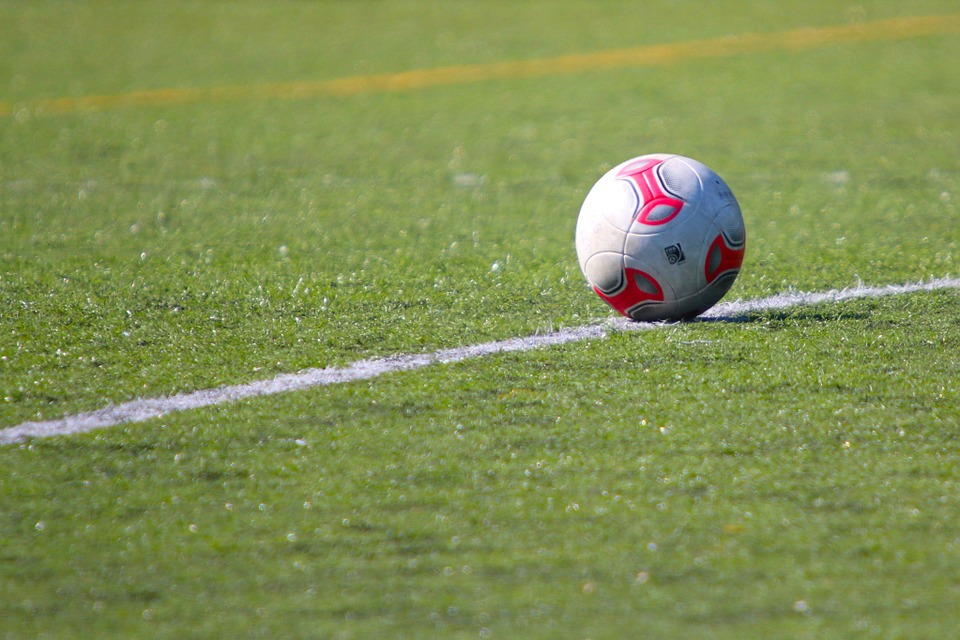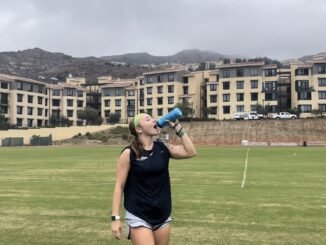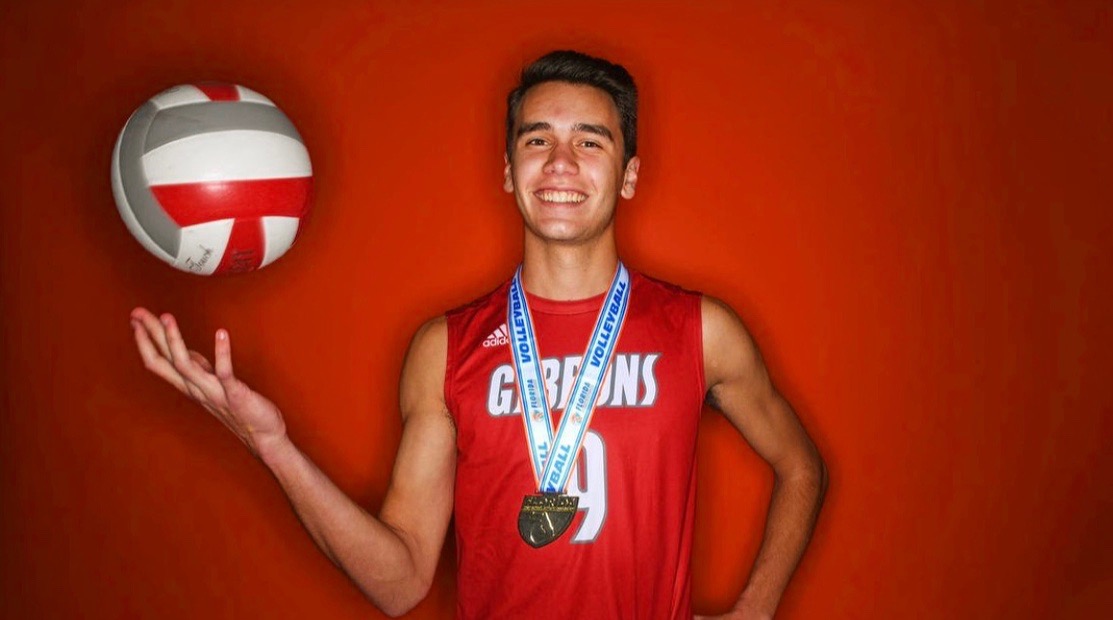
Impactful but not permanent.
That’s how Pepperdine ex-athletes described playing competitive sports growing up.
Playing competitive sports is very time consuming and requires hard work, dedication and perseverance from a young age. Athletes develop many life skills while playing sports that carry over into their everyday lives.
As students continue their academics in college, they must decide whether playing competitive sports is something they want to pursue, or whether they take the lessons they have learned and focus on academics.
Sophomore chemistry major Matthew Aizawa found Pepperdine intramural soccer to be a fun outlet to enjoy soccer in college without playing competitively.
“I didn’t want to play competitively, only recreationally to meet new people and have fun,” Aizawa said. “I do miss it though.”
Four Pepperdine student ex-athletes said they use the life skills they learned in high school sports today, as they navigate life and work to stay fit post competitive sports.
Why athletes quit sports
Some young athletes are forced to quit playing sports due to injuries while others choose not to continue playing because they experience burn out. A small percentage do continue their athletic careers in college.
“There are opportunities to play in college,” said Jordan Holm, assistant director of Athletics and the academic and student development chaplain at Pepperdine University. “But it is definitely very difficult and it takes someone who is very committed, very talented and very dedicated to their sport.”
There are many factors that go into the decision to quit a sport.
Norwegian researcher Marlene Persson surveyed young people and their parents to better understand why youth quit sports. In Perssons 2019 study, there were eight main reasons for why youth opt out of playing sports. Common reasons included deciding the sport was too competitive/serious, not liking options in the club, not liking teammates, having a negative experience in the club, too big of a time commitment with the added pressure of school, injury or illness, prioritizing other activities and loss of interest/joy.
“We found the gender difference to be significant for only three of the categories: lack of enjoyment, injury and illness, and lack of suitable options in the club,” Persson wrote.
An open schedule is something ex-athletes may find surprising after their time playing sports is over. But for sophomore chemistry major Conner Marsh it has been helpful.
“I do feel like I have more time to spend studying,” Marsh said. “I have a lot more free time now to do stuff.”
His workload as a science major is heavy. One of the biggest reasons why Marsh decided not to pursue competitive sports in college was to focus on his studies, find more time to spend with friends and do fun things.
On the other hand, Allison Johnson, a sophomore screen arts major, said she had no interest in playing in college. She quit in the middle of high school after losing her passion to play from a bad coaching experience.
Positive takeaways from playing sports
Sports teaches players how to work with others as a team. Athletes grow, hurt and thrive together. Missing the community of teammates, coaches and parents is common for ex-athletes.
“I enjoyed the community I grew up with,” Aizawa said. “I had a lot of amazing relationships with my teammates and coaches who always supported me even outside of soccer.”
Having to leave that community behind and build a new one in college is a rude awakening for many. Junior history major Christopher Gallegos still tries to keep in touch with his friends from his wrestling team.
“Playing sports was the main way I made friends growing up and they are still some of my closest friends,” Gallegos said. “My coaches also taught me a lot of good life lessons and they were always role models for me.”
Through the failures and success of sports, athletes learn perseverance, a strong work ethic, how to work as a team and how to always strive to improve themselves.
Ex-athletes carry these skills into their academics.
Participating in sports in adolescence is positively associated with academic performance regardless of the sport, Toru Ishihara and their research team found in a 2020 study for the Scandinavian Journal of Medicine and Science in Sports.
Aizawa has seen the positive impact of his sports experience on his academics at Pepperdine.
“As a little kid I wasn’t the best soccer player, I had to work hard to get better and be persistent,” Aizawa said. “I learned a lot of hard work and how to become a better player and I see that in school and other things I do, I try to always work my best.”
The best lesson she took away from playing volleyball in high school is how to lose and respond to failure, Johnson said.
“I have definitely learned how to cope with losing or making mistakes,” Johnson said. “Sports teaches you how to get back up when you literally or figuratively fall.”
How ex-Athletes stay fit and enjoy sports now
Sports is a huge physical workout that demands athletes be in shape. When quitting sports, ex-athletes have found they can easily lose fitness and must seek new ways to exercise.
“I noticed when I stopped playing soccer I was out of shape, slower and out of breath,” Aizawa said.
One of the most common ways to stay involved in sports and get exercise is by participating in intramural sports on campus.
Intramurals are designed to encourage members of the community to participate in athletic competition, according to the Pepperdine Intramural sports website.
Both Marsh and Aizawa are involved in intramural soccer on campus. They enjoy getting to still practice sports with their friends for fun, without the added pressure that competitive sports have to win.
Another outlet of exercise for ex-athletes is working out in the gym, lifting weights or participating in cardiovascular exercises.
“I like to go on runs in the morning,” Marsh said. “Going to the gym is also a good way to stay active.”
At Pepperdine, it is easy to get steps in while walking from housing to main campus or even up the stairs to the Center for Communication and Business.
“I don’t take the shuttle as much as I could,” Johnson said.
Another way ex-athletes may enjoy their sport is keeping up with professional sports teams or even their school’s teams.
For Gallegos, getting to keep up with sports online is the best way to stay in touch with the world of sports as an ex-athlete.
“I watch a lot of YouTube videos and podcasts that talk about sports,” Gallegos said.
Gallegos’ favorite part about playing sports was getting to play and be a part of the game he enjoys watching so much.
Johnson also enjoys watching the Pepperdine women’s volleyball games with her friends as a way to still be in touch with her sport.
It is crucial that ex-athletes find ways to stay in touch with their sport and continue to stay fit post sports.
“Athletes are very goal driven so when the sport or the team is taken away it can be difficult and leaves you asking what’s the point of working out,” Holm said. “To continue setting physical goals is very helpful for students transitioning out of playing sports.”
Emilee Blakemore completed the reporting for this story in Jour 241 under the supervision of Dr. Christina Littlefield and Dr. Theresa de los Santos. Dr. Littlefield supervised the web version of the story.



